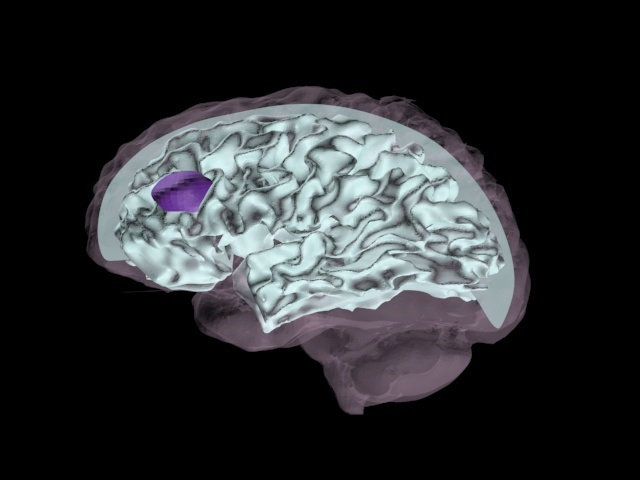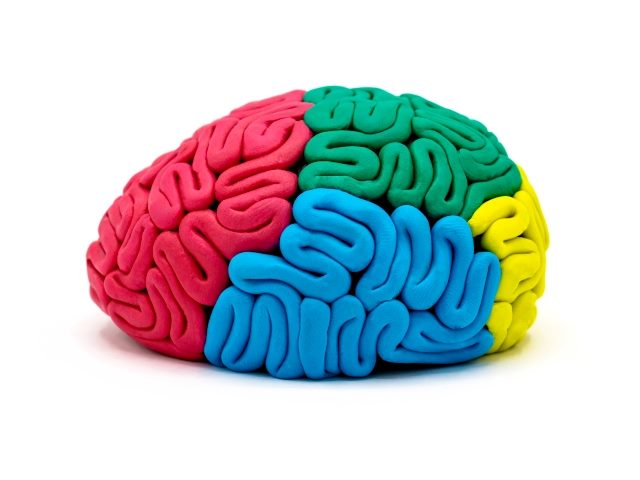Cognitive Function and Emotional Health

In the intricate dance of human biology, hormones play a symphony that orchestrates more than just physical processes. Beyond regulating bodily functions, these chemical messengers wield significant influence over cognitive function and emotional well-being. Delving into this fascinating interplay opens up a realm where biology meets psychology, offering insights into the nuances of mental health and happiness.
The Symphony of Hormones
Our endocrine system, comprising glands that produce hormones, is a marvel of precision. When it comes to cognitive function and emotional well-being, several key hormones take center stage.
1. Serotonin: The Mood Maestro
Often hailed as the “feel-good” neurotransmitter, serotonin plays a pivotal role in regulating mood and emotional balance. It not only contributes to a sense of well-being but also aids in sleep, appetite, and overall cognitive function.
2. Dopamine: The Reward Mechanism
Crucial for motivation and pleasure, dopamine is the brain’s reward system. It not only reinforces behavior that leads to rewards but also influences focus and cognitive flexibility.
3. Cortisol: The Stress Conductor
While cortisol is essential for responding to stress, chronic elevation can have detrimental effects. Prolonged exposure to high cortisol levels may impair cognitive function, particularly memory and concentration.
4. Oxytocin: The Bonding Hormone
Known as the “love hormone,” oxytocin is instrumental in forming social bonds and fostering connections. It plays a key role in emotional well-being by promoting trust, empathy, and a sense of security.
The Interconnected Web
The influence of hormones on cognitive function and emotional well-being is not isolated; it’s an intricately woven web of interactions. For example, imbalances in serotonin levels may contribute to mood disorders, while disruptions in cortisol secretion can impact stress resilience.
Hormones and Mental Health Disorders
Understanding the hormone-psychology link is crucial in addressing mental health disorders. Depression, anxiety, and other mood disorders often involve dysregulation of serotonin, dopamine, or other key hormones. A holistic approach to treatment must consider both psychological and biological factors.
Nurturing Hormonal Harmony
Maintaining optimal hormonal balance is vital for cognitive function and emotional well-being. Lifestyle factors such as diet, exercise, and sleep profoundly impact hormone levels. Regular physical activity, a balanced diet rich in nutrients, and sufficient sleep contribute to hormonal equilibrium, fostering a healthier mind.

The Future of Mental Health: Hormonal Interventions
As our understanding of the hormone-cognition-emotion nexus deepens, so does the potential for innovative interventions. Researchers are exploring hormonal therapies as potential treatments for mental health disorders. Modulating hormone levels may offer new avenues for personalized and effective interventions, providing hope for those struggling with conditions like depression and anxiety. If you enjoyed this article about the best lion mane supplements in the UK then visit for more interesting articles
Conclusion: A Holistic Approach to Well-being
In the grand tapestry of human health, hormones weave a narrative that extends beyond the physical realm. Recognizing their profound impact on cognitive function and emotional well-being is a crucial step toward a holistic approach to well-being. As science advances, so does our ability to harness the power of hormones, offering new possibilities for mental health care and a brighter future for those navigating the intricate landscape of the mind.




